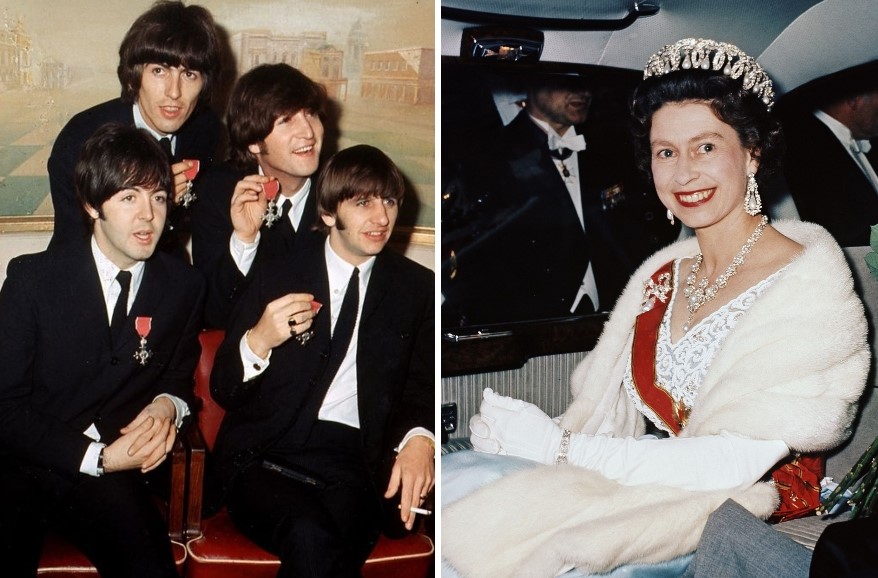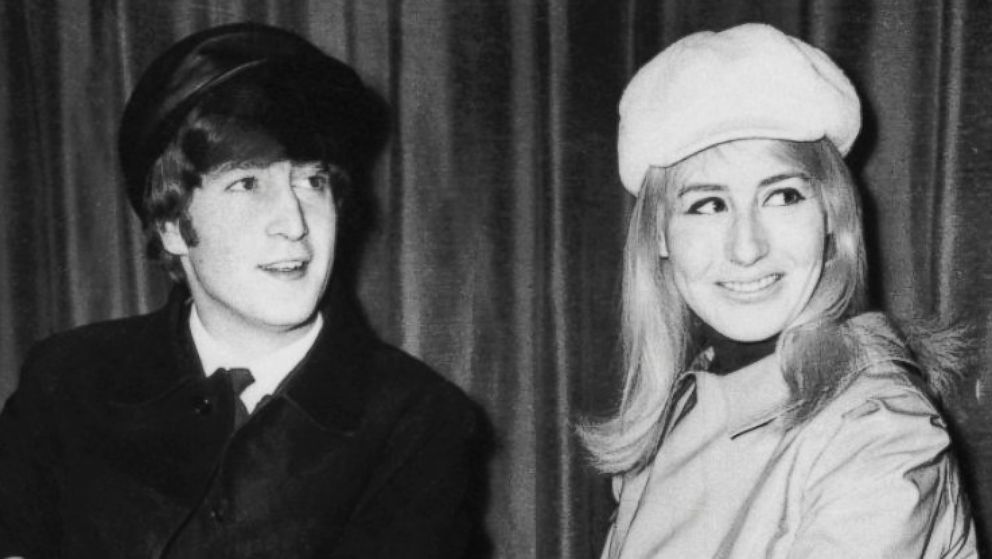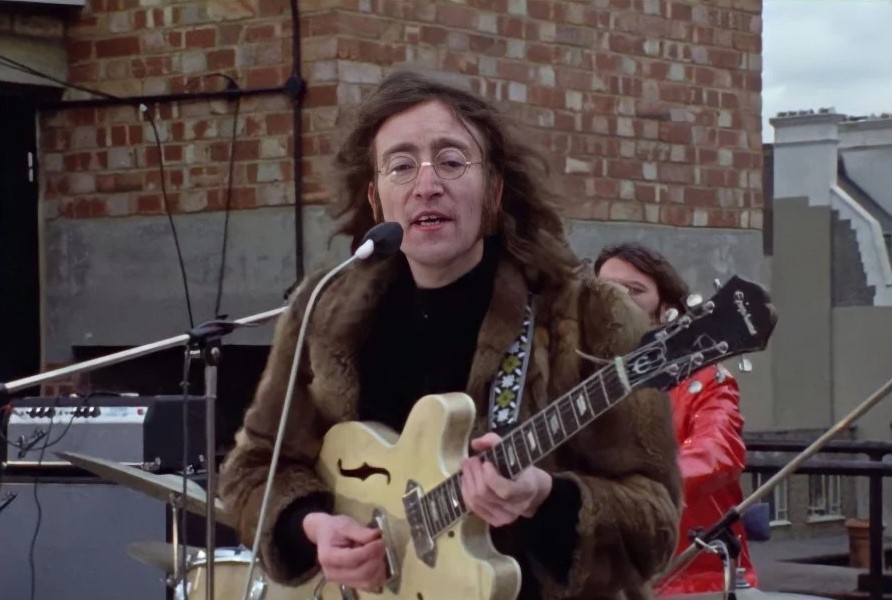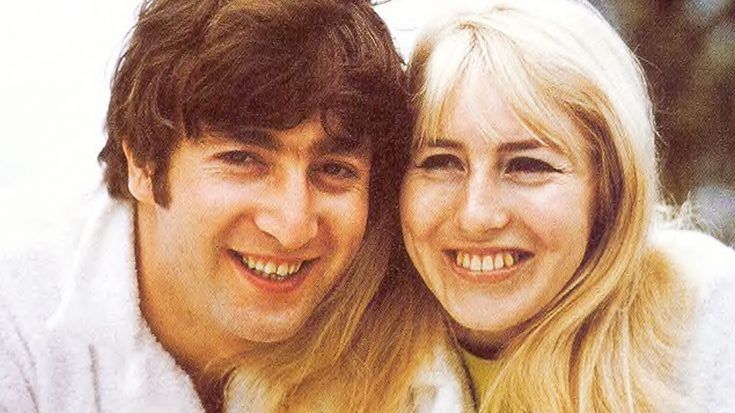May 16, 1975, marked a remarkable day in the city of Philadelphia as John Lennon, the iconic former Beatle, stepped off the train at 30th Street Station. His arrival wasn't just a personal visit but a gesture of support for a charitable cause close to the heart of famed Philadelphia journalist Larry Kane. The ensuing events unfolded into an unforgettable moment when Lennon, ever the maverick, agreed to lend his celebrity to the WFIL Radio and Channel 6 News Helping Hand Marathon, becoming an unexpected weatherman for the city.
(Watch the video below)

In the weeks leading up to Lennon's arrival, Philadelphia's number one music station, WFIL Radio, in collaboration with Larry Kane's Channel 6 News, had been meticulously planning their annual Helping Hand Marathon. This three-day event aimed to raise funds for charitable organizations in the Philadelphia area. Larry Kane, a respected news anchor at Channel 6, played a pivotal role in orchestrating the event and saw an opportunity to amplify its impact by involving his old friend, John Lennon.

The connection between Larry Kane and John Lennon traced back to the 1960s when Kane, working as a journalist, accompanied the Beatles on several tours. Their friendship flourished amidst the whirlwind of Beatlemania, and years later, Kane found himself in a unique position to call on his old friend for a charitable cause.
As Lennon disembarked from the train at 30th Street Station, the anticipation was palpable. The once world-famous Beatle was now stepping onto Philadelphian soil not as a rockstar but as a supporter of a charitable endeavor. Larry Kane, representing the organizers of the Helping Hand Marathon, welcomed Lennon with open arms, embodying the spirit of camaraderie that had endured over the years.

The WFIL Radio and Channel 6 News team had an ambitious goal for their Helping Hand Marathon—to make a significant impact on the lives of those in need in the Philadelphia community. Larry Kane, leveraging his friendship with John Lennon, saw an opportunity to elevate the event's visibility. The idea of Lennon participating in a weather report on Philadelphia TV was born out of a desire to generate maximum publicity for the marathon and, subsequently, maximize charitable contributions.
Conviviality filled the air as Larry Kane pitched the idea to John Lennon, suggesting that the former Beatle take on the unexpected role of a weatherman for a Philadelphia TV broadcast. Lennon, known for his wit and spontaneity, embraced the proposal with a sense of humor and a genuine willingness to contribute to the cause. The stage was set for an extraordinary collaboration that would not only surprise Philadelphians but also make headlines around the world.

On the chosen day, John Lennon stepped in front of the camera, not as a musician or activist, but as a weatherman. With a playful smile, he engaged in banter with Kane and seamlessly delivered the weather report for the Philadelphia audience. The sight of the legendary musician gesturing at weather maps and sharing temperature forecasts added a touch of whimsy to the newsroom, creating a unique and unforgettable moment in broadcast history.
John Lennon's impromptu weather report for Philadelphia TV during the Helping Hand Marathon left an indelible mark on the city and its residents. Beyond the lightheartedness of the moment, the event succeeded in drawing attention to the charitable cause, significantly boosting donations and community support. The legacy of Lennon's participation in the marathon and his whimsical weather report lives on as a testament to the power of celebrity influence when harnessed for meaningful and altruistic endeavors.
May 16, 1975, remains etched in the memories of Philadelphians not just as a day when a former Beatle graced their city but as a moment of unity and generosity. John Lennon's willingness to playfully step into the role of a weatherman for a charitable cause exemplifies the enduring impact of music and friendship. The Helping Hand Marathon, with its unexpected celebrity contribution, serves as a heartwarming chapter in the annals of philanthropy, reminding us that even the most renowned figures can use their influence to make a positive difference in the world.



